How to Talk to Your Partner About Chlamydia Without the Awkwardness
The only way we end the stigma is by talking about it - loudly, proudly, and without shame


“My heart was pounding as I opened the door,” Anna recalls. She’d just received news of her positive chlamydia test and dreaded the moment she’d tell Sam. “I kept rehearsing my words in the mirror — over and over” . If you’re facing a similar situation, you’re not alone. Disclosing a chlamydia diagnosis can feel terrifying, but with the right preparation and mindset, you can talk to your partner about chlamydia openly, honestly, and without crippling awkwardness.
Why Honest Communication Matters
When you choose to tell your partner about your chlamydia diagnosis, you’re doing much more than sharing a medical update — you’re showing that you care about them and want to face this together. Being open in this moment communicates, “I value our relationship enough to be honest, and I want us both to stay healthy”. By breaking the silence, you replace uncertainty with understanding, and you invite compassion instead of judgment. This kind of transparency not only safeguards your physical well‑being but also strengthens the bond that lets you tackle challenges side by side.
Preparing for the Conversation
Before you sit down together, take a few moments to get grounded and organized. Remind yourself that you’re approaching this from a place of care, not shame. Gather reliable information about what chlamydia is, how common it is, how it’s treated, and what follow‑up steps look like - so you can answer any questions calmly. Choose a quiet, private spot where you both feel comfortable, and pick a time when neither of you is already stressed or distracted. Running through your points aloud or jotting down a short outline can help you stay focused and clear, especially if nerves start to jumble your thoughts.
Quick‑prep checklist:
Know the facts. Brush up on transmission, symptoms (often none!), testing, and treatment.
Select a calm setting. Find privacy and choose a moment when you’re both relaxed.
Plan your words. Use “I” statements (“I learned…”), keep blame out, and stay compassionate.
Anticipate questions. Be ready to explain next steps: testing, treatment, and safer‑sex options.
Practice briefly. Rehearse your key points or write a few bullet notes to guide you.
Chlamydia Conversation Tips
When you’re ready, lead in gently “I need to share something important about my health” — then state the diagnosis clearly but compassionately: “I tested positive for chlamydia, and it’s very treatable.” Speak from “I” not “you,” pause so they can absorb the news, and remind them you’re on the same team. Invite their questions (“What are you wondering right now?”), listen without judgment, and close by suggesting you tackle next steps - testing and treatment together. Below are few key considerations:
Lead with “I” & facts. Use “I” statements and explain what chlamydia is and how it’s treated.
Pause & listen. Give space for questions or emotions, then acknowledge their feelings.
Team up on next steps. Propose scheduling tests or doctor visits together.
Handling Different Reactions
People respond in diverse ways. Here’s how to navigate common reactions:
Professional GP advice, anytime, anywhere
Next Steps Together
After you’ve talked to your partner about chlamydia, move forward as a team:
Schedule testing and treatment for both of you.
Follow your healthcare provider’s guidance on medication completion.
Adopt safer-sex practices (e.g., condom use) until treatment is done.
Check in regularly—“How are you feeling?” or “Any questions since we last talked?”
Looking Ahead
Bringing up how to talk to your partner about chlamydia may feel daunting, but it’s an act of care, not shame. By preparing, speaking honestly, and listening with empathy, you transform an awkward moment into a chance to deepen trust. Next time you face tough health conversations, remember Anna and Sam: with openness and support, you can weather anything together.


